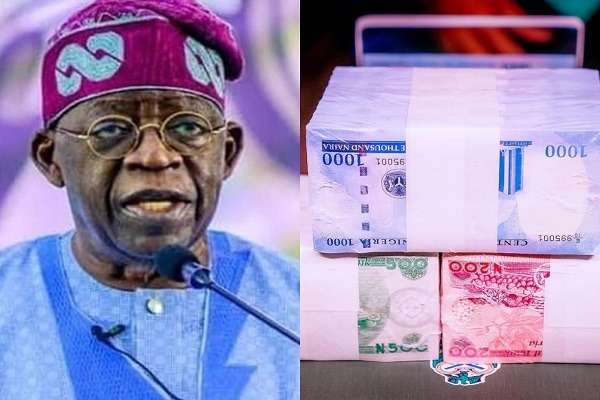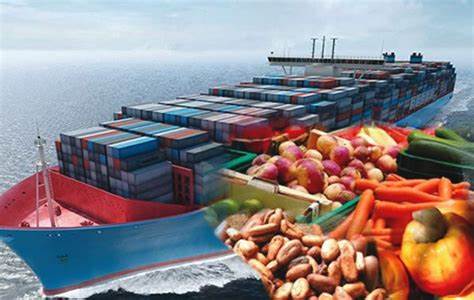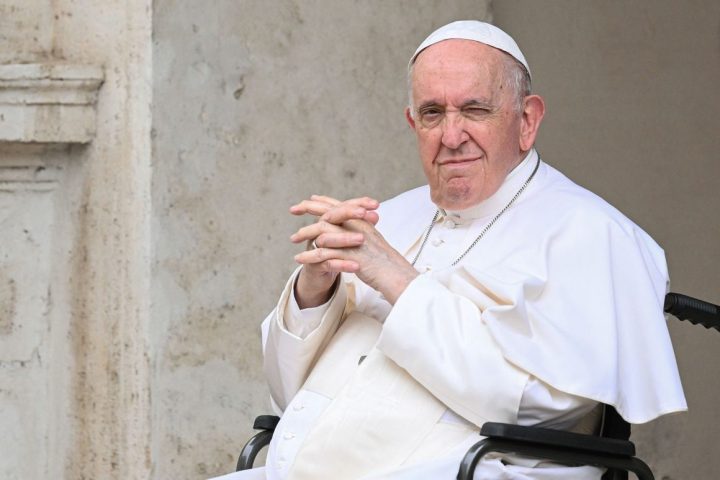One of the major fallouts or advantages of the harsh economic reality in Nigeria is that many people are becoming far more knowledgeable about exchange rates matters, which used to be hard-nosed economics. The groundnut seller is ready for answers about why a cup of groundnut is N350, up from 150 less than 24 hours before. The dollar exchange rate to the naira just increased. And so the wriggly dance of the feeble naira has continued since the federal government decided to float Nigeria’s currency in June 2023, adding to a fuel subsidy removal less than one month before. Hardship has multiplied, with many asking if government really means well.
Economic experts told stories about how the country needed to remove the foreign exchange black markets. They recommended floating the naira by removing the difference between the central bank-pegged exchange rates and the black market rates (parallel markets). Marketers had complained that banks get foreign currencies such as the dollar at cheaper rates, and sell to black markets at a much higher rate, which rises further before it gets to the business people who need it for international transactions. This was the same story about fuel subsidies, which had it that powerful dealers bought Nigeria’s petrol at subsidized rates and resold it to other countries at higher rates, creating scarcity in the country, while depleting government reserves through subsidies.
Floating the naira means therefore that the exchange rate will be determined by the market forces of demand and supply in the international exchange market such as interest rates, inflation, trade balance and cash flows.
Putting the Cart before the Horse
How could floating the naira have made sense in the face of an import-dependent economy, which is at the mercy of producing economies? The producing countries and international trade partners of Nigeria are now free to quote the exchange rates they like according to their perception of the demand and supply of a given currency and the goods they are used to buy. Since Nigeria produces less, it makes its currency weak against the foreign currencies of producer economies. The question then is: should the country have been more interested in exchange rate or in boosting local production to strengthen its currency? Is there really any free, market forces in a market dominated by one currency owned by the major production oriented trade partners of Nigeria, which is a major consumer nation?
Nigeria’s inflation rate
Nigeria’s inflation rate as of October 2023 stood at 27.33%, one of the highest in Africa. Food inflation at the same period stood at 30.64%, with the naira depreciating by up to 50%. At its highest in October 2023, the naira to dollar exchange rate was around N1, 300 to the dollar. As the country returned to just below N1, 000 to the dollar in mid-November, the Nigerian media celebrated it, hyping it as signs of unprecedented economic recovery. What a paradox?
Without A Strong Economy, Naira Floating Will Hardly Benefit Ordinary Nigerians
After all the explanations about stopping illegal oil smuggling out of Nigeria, it baffles the mind that Nigeria has continued to sideline the common sense of keeping local refineries in good shape. Instead, it has been blabbing about subsidy. Nigeria has spent billions in security expenditure to stop illegal refineries, yet the legal refineries and petrol dry.
Some experts say that the short term effects of floating the naira can be very harsh as we have seen in Nigeria. They also promise that its long-term effects can lead to some kind of economic adjustments and competitiveness that can attract foreign investors and buyers when Nigeria’s goods become relatively cheaper due to naira depreciation in value. However, without a robust, production-oriented economy, this long term effect will remain elusive.
When former President Buhari engaged in serial borrowing, relentless increase in fuel prices (from N85 in 2015 to N265 in 2023) and removal of subsidies on kerosene, among other heavy-handed economic policies like the cashless policy, he kept telling Nigerians to be patient; suffer now and enjoy later. Through his eight years in office, the suffering only increasing exponentially. President Tinubu has also started the same song as his government floated the naira early in its life, and announced fuel subsidy removal, which was almost perfected by Buhari.
Growth without Development
Nigeria was the world’s largest exporter of cocoa by 2021 as well as the 52nd highest exporting country (out of 193), and number 50 in imports. Nigeria’s total exports as of 2022 amounted to $42.4 billion, while her imports as of the same period amounted to $52 billion, implying a trade deficit of -$10billion. This is a country that had a record low import figure of N322.93 million in 1983.
As if there is trade improvement, Nigeria’s National Bureau of Statistics, in the second quarter of 2023, reported a trade surplus (export trade outweighing imports) of N2.22 trillion, an increase of 8.15% from the first quarter. When compared to the whole of 2022, Nigeria’s trade surplus rose to a 41.7% (26,797 billion), having moved to N1, 206 billion from N1, 936 in 2021. Imports, by comparison, grew slower by 22.8%.
But this statistics may be deceitful if we do not take note of what the country actually exports and imports. Oil accounts for over 91% of total exports. Much of the oil that is exported is re-imported as refined fuel at much higher rates, making nonsense of the sense of export. It is much the same with agricultural exports such as cocoa, which are re-imported beverage at higher rates than the exports. This is why the country is the largest economy in Africa, the 30th in the world, yet number 163 in terms of Gross Domestic Product (GDP) per capita (the productivity of citizens).
The power of the foreign currencies
Because of the power of the foreign currencies, just a few dollars is needed to buy up Nigeria’s exports such as agricultural produce and crude oil. These are refined and brought back to Nigeria, which imports the finished products using far more foreign currencies in its reserves. This is why the country’s reserves continue to go down, and government always borrows to finance projects and to support international trade, including the controversially official profligacy like presidential yachts and senatorial SUVs. The country needs a strong economic hypothesis to explain its current economic ironies. Some are saying that proffering solution is meaningless because government seems a curious accomplice in Nigeria’s economic albatross.






![Breaking: Tinubu Returns To Abuja After Europe Trip [Photos]](https://www.primebusiness.africa/wp-content/uploads/2025/04/Tinubu-returns-to-Abuja-Pohotos-2-720x480.jpeg)










Follow Us